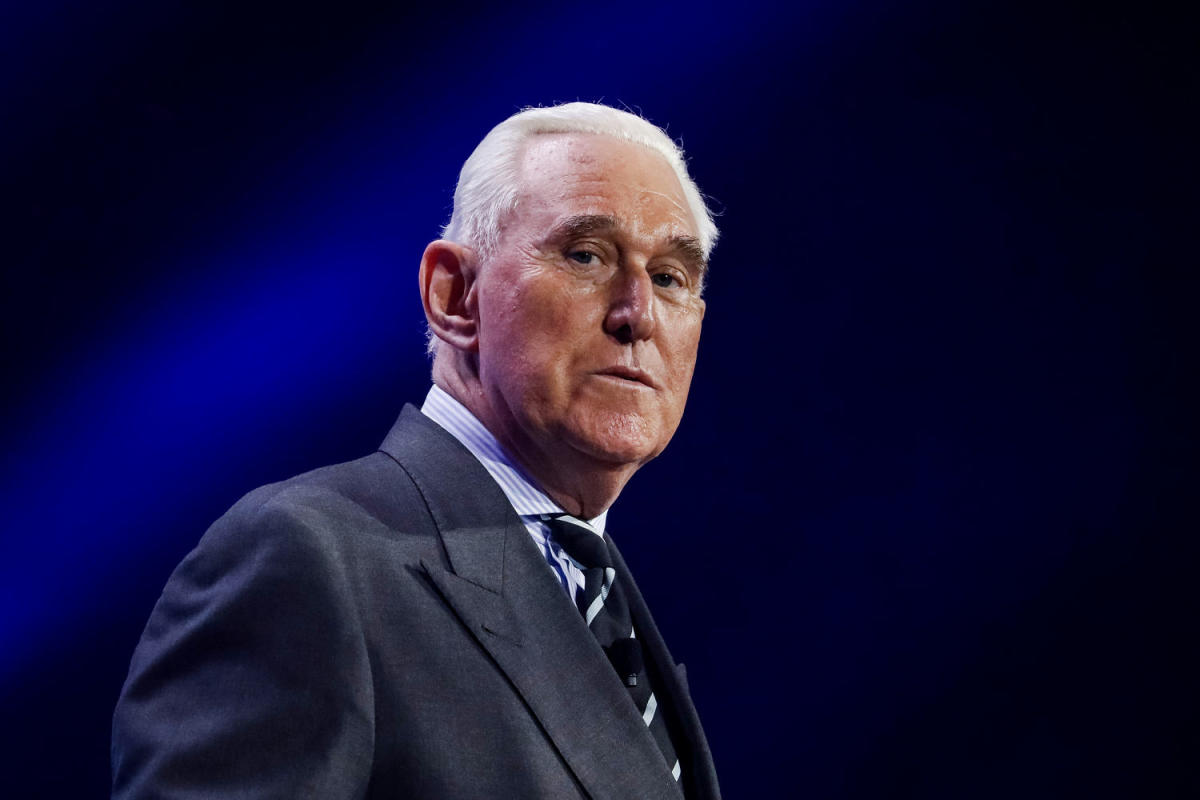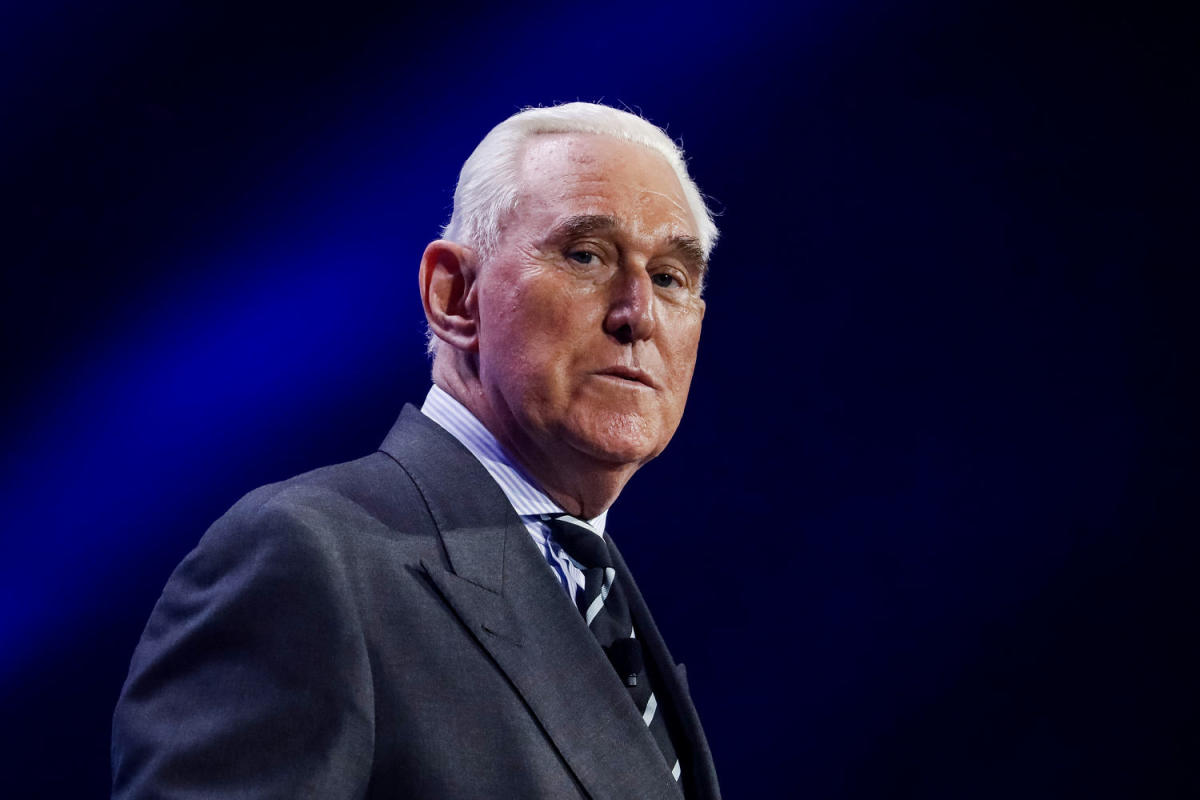
Donald Trump and his team tend to hold Justice Department officials in low regard, though it’s likely the Republican was pleased with the latest findings from the DOJ’s inspector general’s office. The Associated Press reported:
A Justice Department watchdog investigation found no evidence that politics played an improper role in a decision to propose a lighter prison sentence for Roger Stone, a close ally of former President Donald Trump, according to a report released Wednesday.
It’s been several years since we last talked about this, so let’s revisit our earlier coverage and review.
For most of the process, Stone’s prosecution seemed rather routine. The longtime Republican operative and close Trump associate was charged with multiple felonies, given a fair trial, convicted by a jury, and was prepared for sentencing. Federal prosecutors recommended a sentence that was in line with existing guidelines and made their case to a judge, in writing, defending their rationale. All of this unfolded exactly as it was supposed to.
But after the then-president condemned the prosecutors’ filing via social media — a bizarre development in its own right — the Justice Department intervened and declared that it was withdrawing the recommended sentence. Soon after, four prosecutors announced their resignations.
David Laufman, a former counterintelligence chief at the Justice Department, called the developments “shocking,” adding, “We are now truly at a break-glass-in-case-of-fire moment” for the DOJ. Michael Bromwich, a former Justice Department inspector general, wrote in a message to career employees at the department, “This is not what you signed up for. The four prosecutors who bailed on the Stone case have shown the way.”
Aaron Zelinsky, one of the four federal prosecutors who resigned, later told Congress, “I have never seen political influence play a role in prosecutorial decision making, with one exception: United States v. Roger Stone.” Zelinsky went on to allege that Trump’s Justice Department exerted political pressure on prosecutors to “water down and in some cases outright distort” the nature of Stone’s conduct.
Given the seriousness of the allegations and the appearance of brazen political interference, the Justice Department’s inspector general’s office took a closer look. Four years later, it concluded that then-Attorney General Bill Barr and his team were involved in the case in “highly unusual” ways, but the findings nevertheless blamed the local U.S. Attorney’s Office and said it found no direct evidence of Trump asking Barr to intervene.
There was, however, a highly relevant detail that might’ve been easy to miss, which Talking Points Memo highlighted:
It’s not entirely clear how far the inspector general was able to go outside of certain DOJ officials and whatever records were preserved and identified by the investigation. Barr, the watchdog said, refused to sit for an interview. Other senior DOJ officials, including then-Deputy Attorney General Jeffrey Rosen, the then-DOJ public affairs director, and one of the line prosecutors also refused interviews. The report does not say if any effort was made to contact Trump.
In other words, the Justice Department’s inspector general couldn’t prove political interference in the Stone case, but it also wasn’t able to ask questions of many of the key players.
As for what happened after Stone was sentenced, Trump, four years ago this month, commuted his friend’s sentence late on a Friday afternoon, rewarding Stone for having lied on Trump’s behalf. The Washington Post’s editorial board called it at the time “one of the most nauseating instances of corrupt government favoritism the United States has ever seen.” The editorial board added, “If the country needed any more evidence, Friday confirmed that the greatest threat to the Republic is the president himself.”
After Trump’s 2020 election defeat, he went further and pardoned Stone — two days before Christmas, when the developments were more likely to go overlooked.
This post updates our related earlier coverage.
This article was originally published on MSNBC.com
EMEA Tribune is not involved in this news article, it is taken from our partners and or from the News Agencies. Copyright and Credit go to the News Agencies, email news@emeatribune.com Follow our WhatsApp verified Channel





